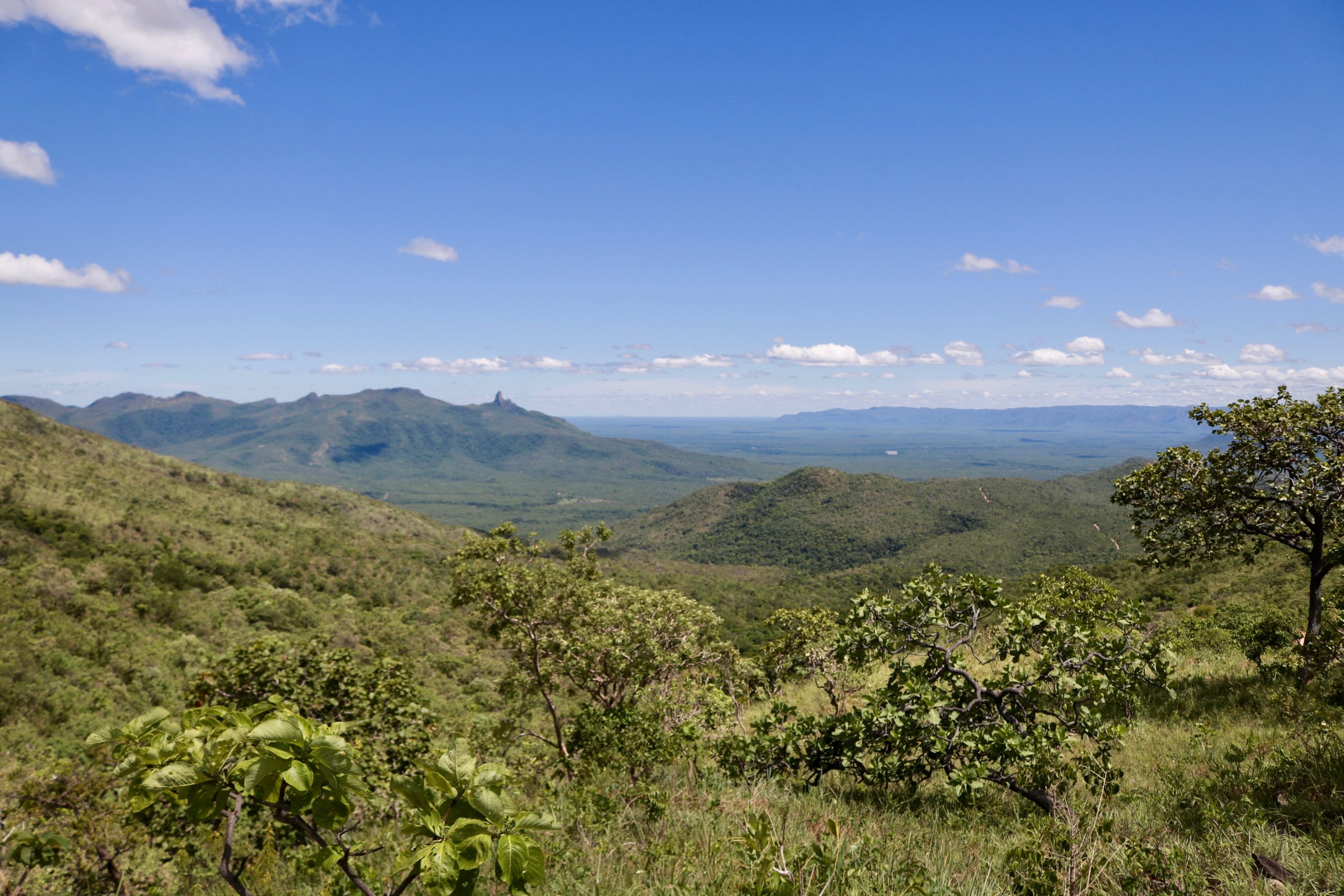Kalunga Territory has been recognized by the UN Environmental Program as the first ICCA in Brazil
The United Nations Environmental Program (UNEP-WCMC) concluded this Tuesday (3) the official registration of the Kalunga Historical and Cultural Heritage Site as the first ICCA (Indigenous peoples’ and community conserved territories and áreas) in Brazil.
You can access the publication HERE.
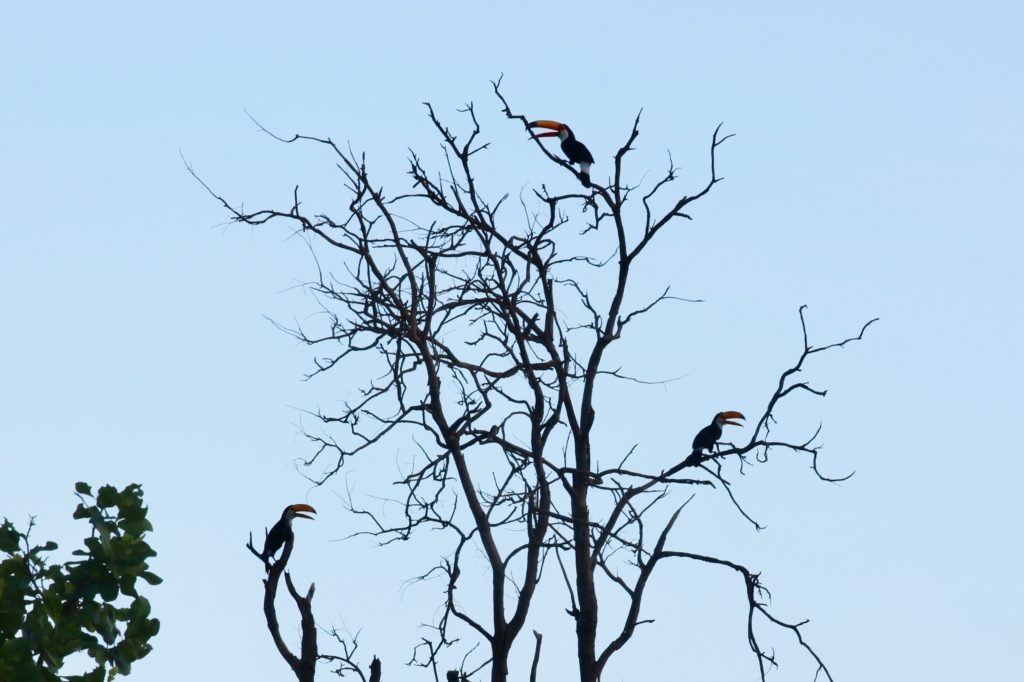
Picture: Elder Miranda Jr / AQK
The global title is attributed to preserved communities, and traditional territories in which the community has a deep connection with the place it inhabits, internal management and governance processes and positive results in nature conservation, as well as the well-being of its people, the so-called “Territories of life”.
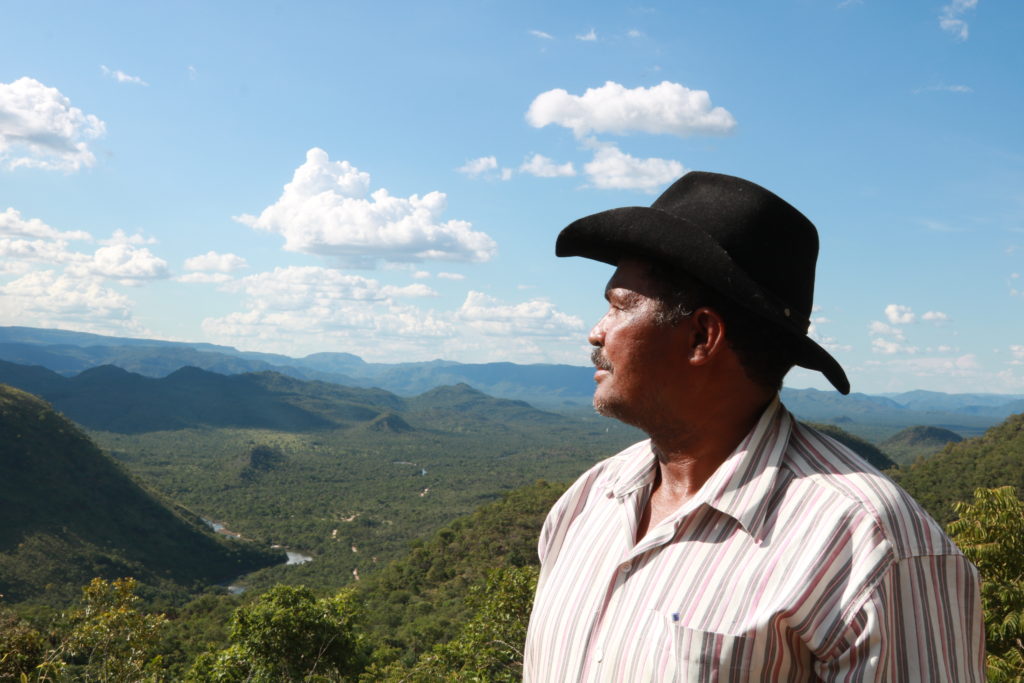
Picture: Elder Miranda Jr / AQK
“It is with great pride that we received the news that the Kalunga Territory, one of the largest in Brazil, has been recognized by the UN as ICCA, as a preserved territory. This means that here we still have many fruits, a lot of nature, and many preserved beauties. As a representative, I am honored with such international recognition. I believe that now we will have more partners to help us in the fight for the conquest of our entire territory, which has not yet been entirely expropriated. ”, as Jorge Moreira de Oliveira, the president of the Quilombo Kalunga Association (AQK), Celebrates.
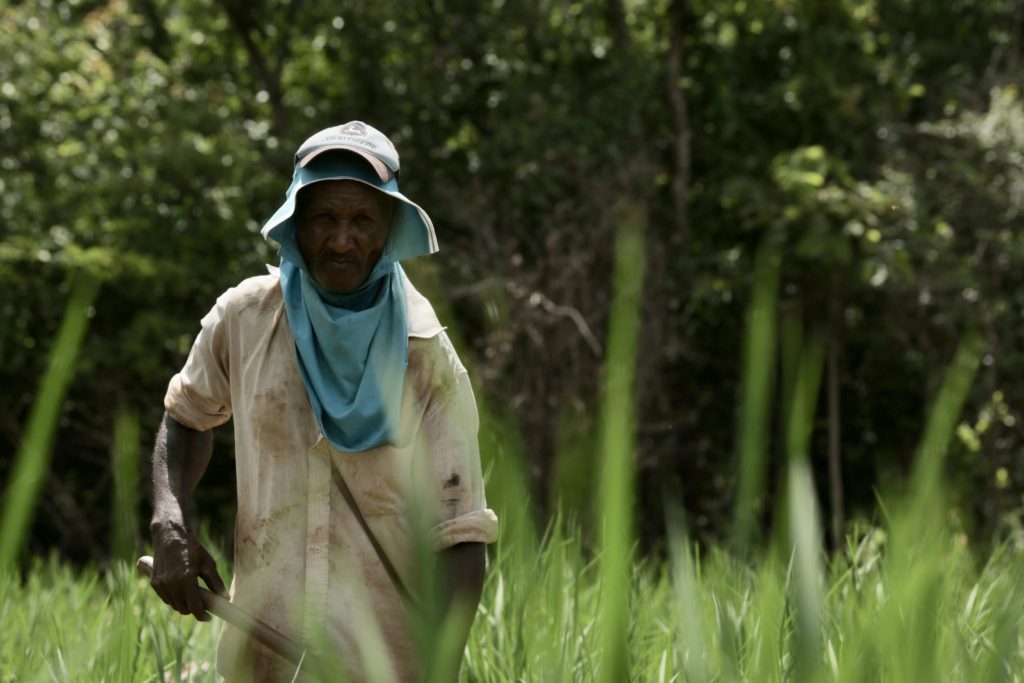
Foto: Elder Miranda Jr/AQK
With a strong tradition in agriculture, the Kalunga people practice low carbon planting and rely on ancestral knowledge to plant at the pace of nature, eliminating the use of pesticides. They plant in small fields, usually smaller than 1 hectare, where they practice subsistence agriculture, with the sale of surpluses. The cultivated areas are used for up to 4 years, then left to rest for another 10 years. The gardens are made with hoes, without the use of machines.
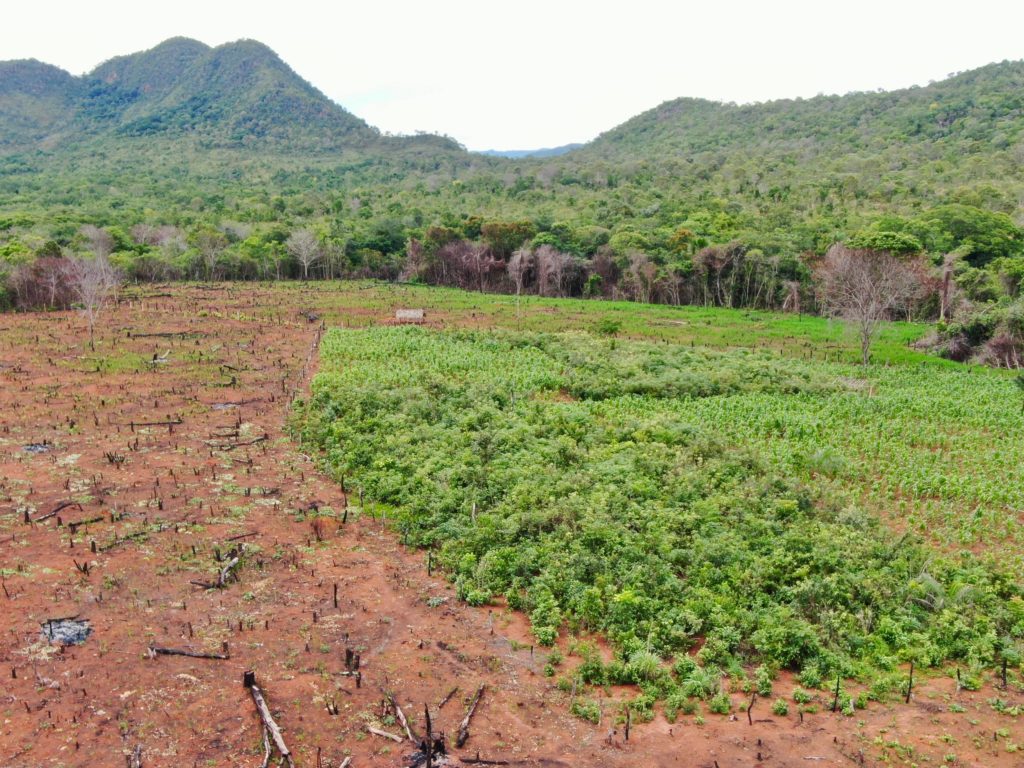
Foto: Elder Miranda Jr / AQK
The Kalunga also practice extractivism and seek other sustainable alternatives for the development of the territory.
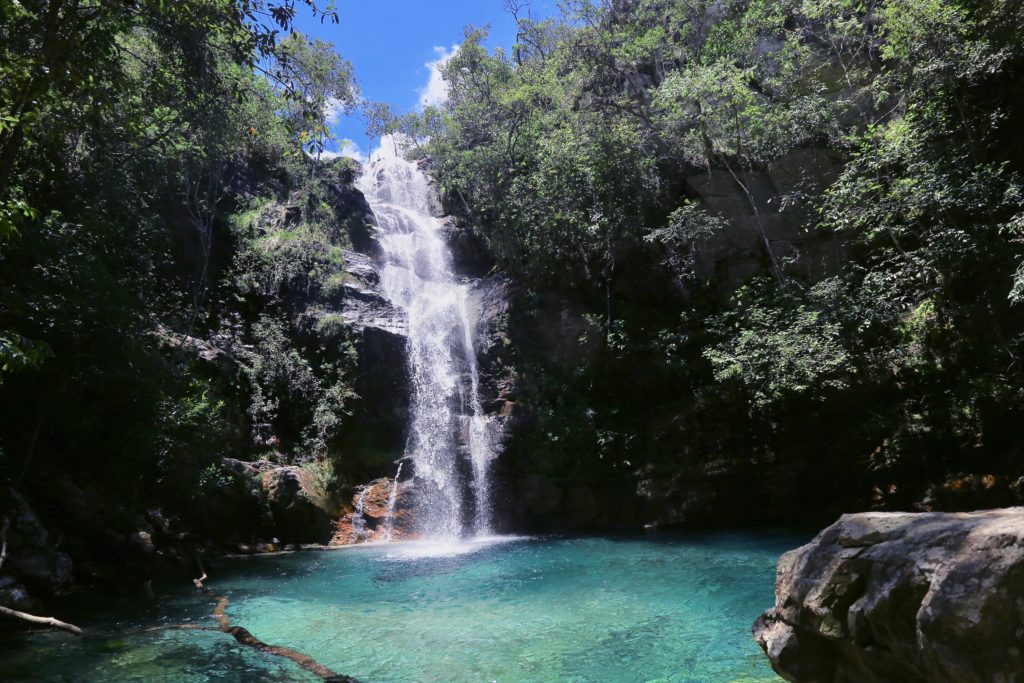
Picture: Elder Miranda Jr / AQK
Becoming a ICCA is a global recognition of the role of the Kalunga people in conserving the biodiversity of the Cerrado and the beauty of Chapada dos Veadeiros, in northeastern Goiás. Rich in culture, water and biodiversity. It is estimated that the Kalunga quilombo was created more than 300 years ago by people who did not accept slavery regime as they managed to escape at that time. The territory occupies an area of 262 thousand hectares in the municipalities of Cavalcante, Teresina de Goiás and Monte Alegre.
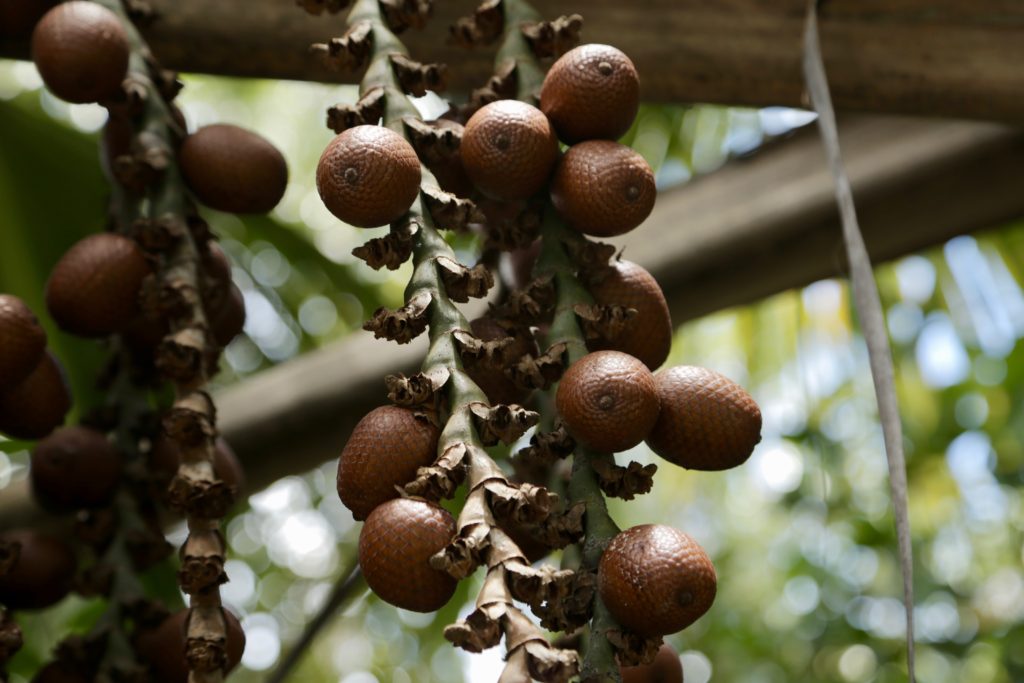
Picture: Elder Miranda Jr / AQK
“We have gained autonomy in the management of our land. Now that we are listed on the international map of traditional communities as ICCA, we hope to join in this fight with other communities around the world ”, says Damião Moreira Santos, the project coordinator for the Quilombo Kalunga Association (AQK).
In addition, it is expected the title will help protect the territory from external threats, as the Kalunga now have a United Nations validation in hand that proves preservation in the territory, in addition to adding even more value to community-based tourism and products from the region.
The register
The importance of SHPCK seeking international recognition and the suggestion that the SHPCK could be a part of the ICCA concept was pointed out by the Subsidy Director of the Partnership Fund for Critical Ecosystems (CEPF), Peggy Poncelet, throughout the process of elaborating the project “Use of Geoprocessing in Management of the Kalunga Historical Site and Cultural Heritage – SHPCK ”.
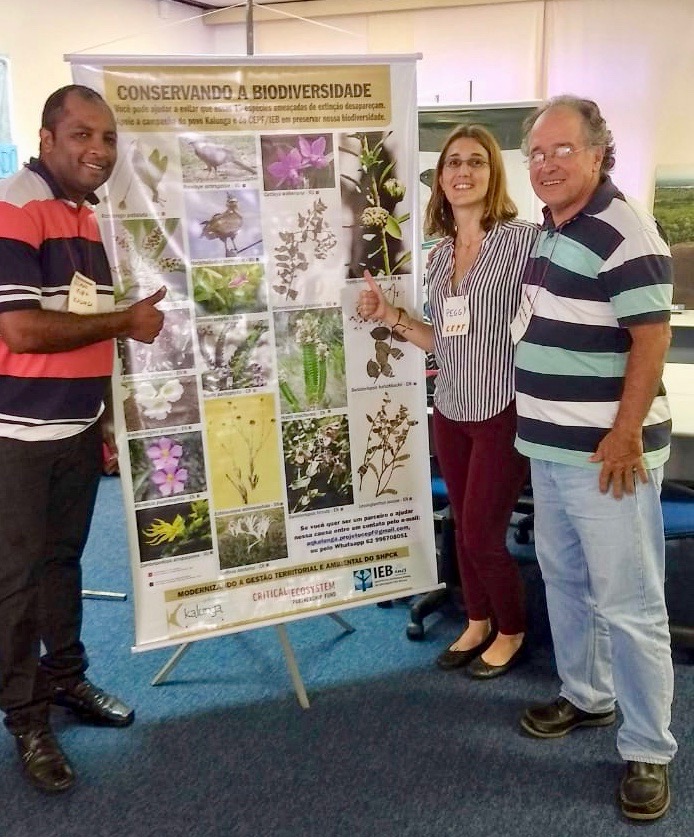
Picture: AQK’s archive
CEPF has this project in progress with AQK and in the past two years it has financed several actions to improve management and sustainable development in the territory.
The Quilombo Kalunga Association (AQK) board became interested in the concept. As it also started an intense process of dialogues and consultations throughout the community assemblies to discuss the Internal Regulations with the residents of the 39 communities living in the territory on the challenges and advantages to become ICCA.
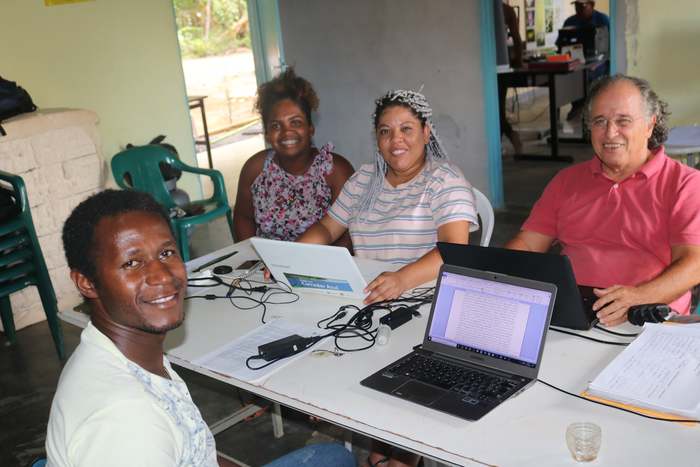
Picture: AQK’s archive
“It was a very participatory process. We have a preserved community, a territory of life, but we suffer constant invasions. The ICCA formalization process has helped us to give international visibility to protect us ”, says Vilmar Kalunga.
There were 14 large community assemblies and a large 3-day assembly to discuss and approve the Internal Regulations, a process that took place under the leadership of Vilmar Kalunga, then president of AQK, Damião Moreira dos Santos, coordinator of the CEPF project at AQK, Durval Fernandes Motta , consultant of the Association, and Jorge Moreira de Oliveira, current president of AQK.
“In the assemblies, we try to show the community the importance of the work that we all do for the world in relation to the preservation and conservation of nature. We, even without knowing or being recognized, provide a global service to the environment. During the discussions, we regained our conscience and pride in how we live and make a living with the environment. ”, recalls Damião Moreira.
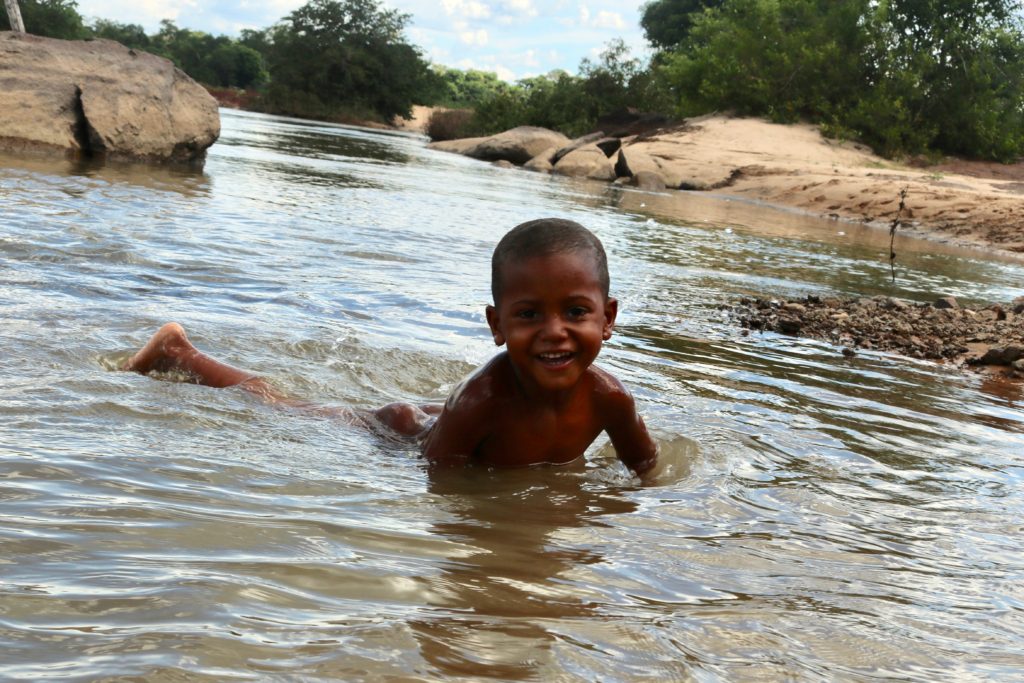
Picture: Maiana Diniz / AQK
The community decision to self-proclaim itself as the first ICCA in Brazil took place during an official meeting in February 2020. This was the first step towards the recognition of Kalunga territory as a “life territory”, or ICCA.
The AQK team had, Throughout the process, the active support from the Partnership Fund for Critical Ecosystems (CEPF) and the International Education Institute of Brazil (IEB).
“We support territorial management, as we realize that it is very important from the point of view of conservation. AQK went deep with the project. We follow their territorial management steps: reviewing the statute, mapping their natural resources and managing conflicts in the community ”, as Michael Becker, coordinator of CEPF Cerrado, explains.
AQK also contacted Mupan – Women in Action in the Pantanal, an institution that is the focal point for the ICCA Consortium in Brazil. In addition to clarifying doubts, Mupan supported the process of finalizing the registration of the SHPCK World Conservation Monitoring Center (WCMC). And it created a Brazilian protocol to carry out the peer review process, provided for in the UN requirements to grant the title.
“We are happy to see that our efforts as a ICCA facilitating institution in Brazil has been prospering as we are achieving the objectives of our mission” , says Rafaela Nicola, focal point of the ICCA Consortium for Brazil , technical-scientific director of Mupan and director of Wetlands International Brasil , the Corredor Azul Program managing institutions, which incorporated ICCA into its agenda.
The entire articulation for the official registration was closely monitored by the Corredor Azul Program coordinator of indigenous affairs and traditional communities, Lilian Ribeiro. “ Mupan helped in the articulation with other institutions and in the evaluation letter. As there were no other ICCAs in Brazil for the admission process, we set up a commission for the ICCA Brasil network with quilombo leaders, representatives of the black movement and the Rede Cerrado institution, to certify that the procedure in Kalunga territory had occurred in accordance with the documents sent to UNEP, ” she says.
She also points out that the title is an additional tool for the Kalunga community in the defense of the territory.
Maiana Diniz
Press Officer
*The Critical Ecosystem Partnership Fund (CEPF) is a joint initiative of l’Agence Française de Développement, Conservation International, the European Union, the Global Environment Facility, the Government of Japan and the World Bank. CEPF enables civil society to protect the world’s biodiversity hotspots – biologically rich ecosystems that are essential to humanity, yet highly threatened.
